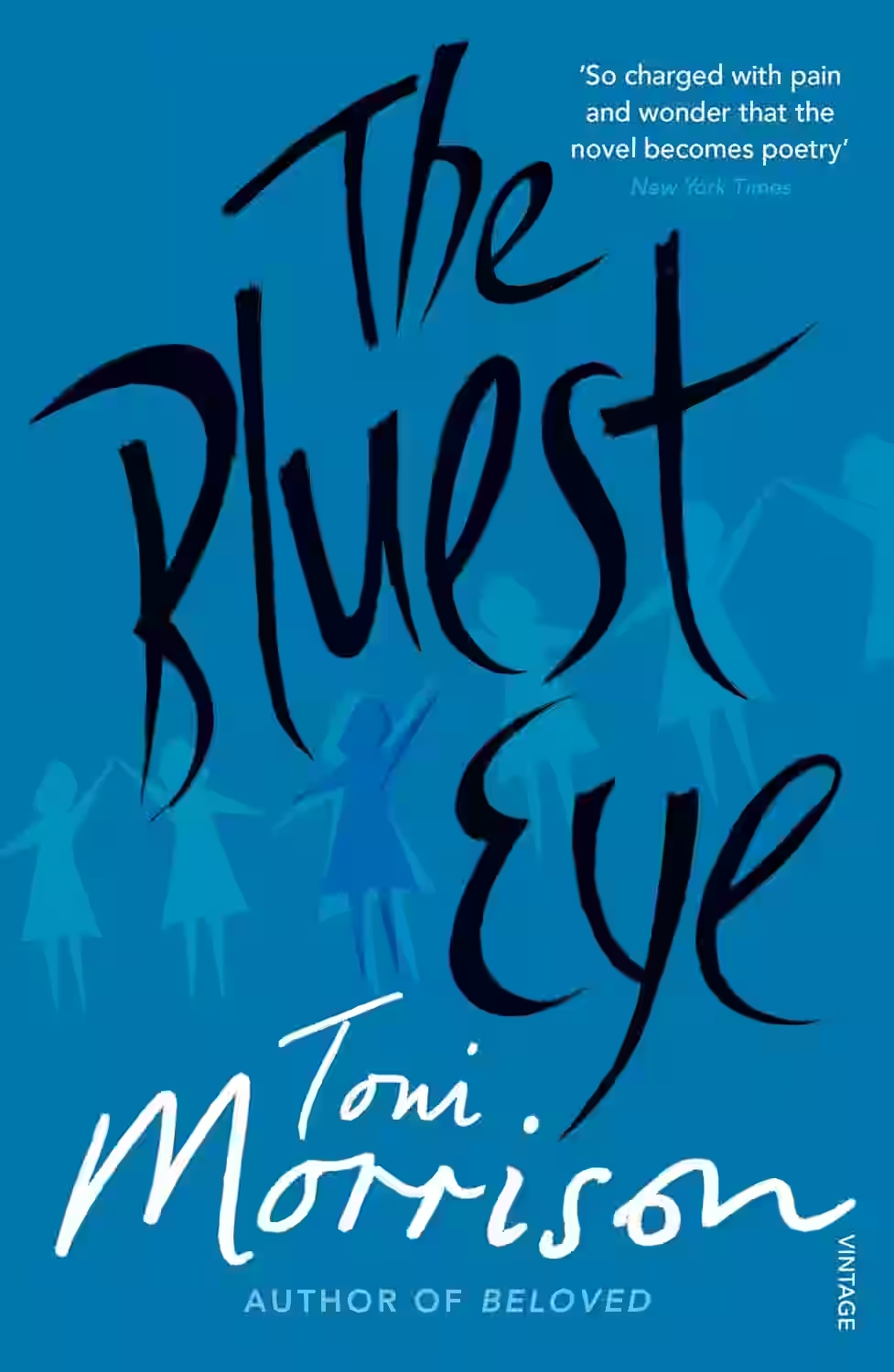
Toni Morrison’s debut novel examines the destructive effects of racism and internalized self-hatred on a young Black girl in 1940s America. Pecola Breedlove longs for blue eyes, believing they would make her beautiful and worthy. Through shifting perspectives, the novel reveals the systemic abuse, trauma, and societal pressures that shape her world. Morrison’s lyrical and unflinching narrative critiques dominant beauty standards and racial injustice. Though brief, the novel is emotionally powerful and thematically profound, establishing Morrison as a leading voice in American literature.
About Toni Morrison
A Nobel Prize-winning American novelist, essayist, and professor. Her powerful and evocative novels, including Beloved, Song of Solomon, and The Bluest Eye, explored the African American experience with profound depth, beauty, and unflinching honesty. Morrison's lyrical prose, complex characters, and innovative narrative structures illuminated the trauma of slavery, the search for identity, and the resilience of the human spirit. She is celebrated as a towering figure in American literature.
Other Books by Toni Morrison

Beloved
It is the mid-1800s and as slavery looks to be coming to an end, Sethe is haunted by the violent trauma it wrought on her former enslaved life at Sweet Home, Kentucky. Her dead baby daughter, whose tombstone bears the single word, Beloved, returns as a spectre to punish her mother, but also to elicit her love. Told with heart-stopping clarity, melding horror and beauty, Beloved is Toni Morrison's enduring masterpiece.
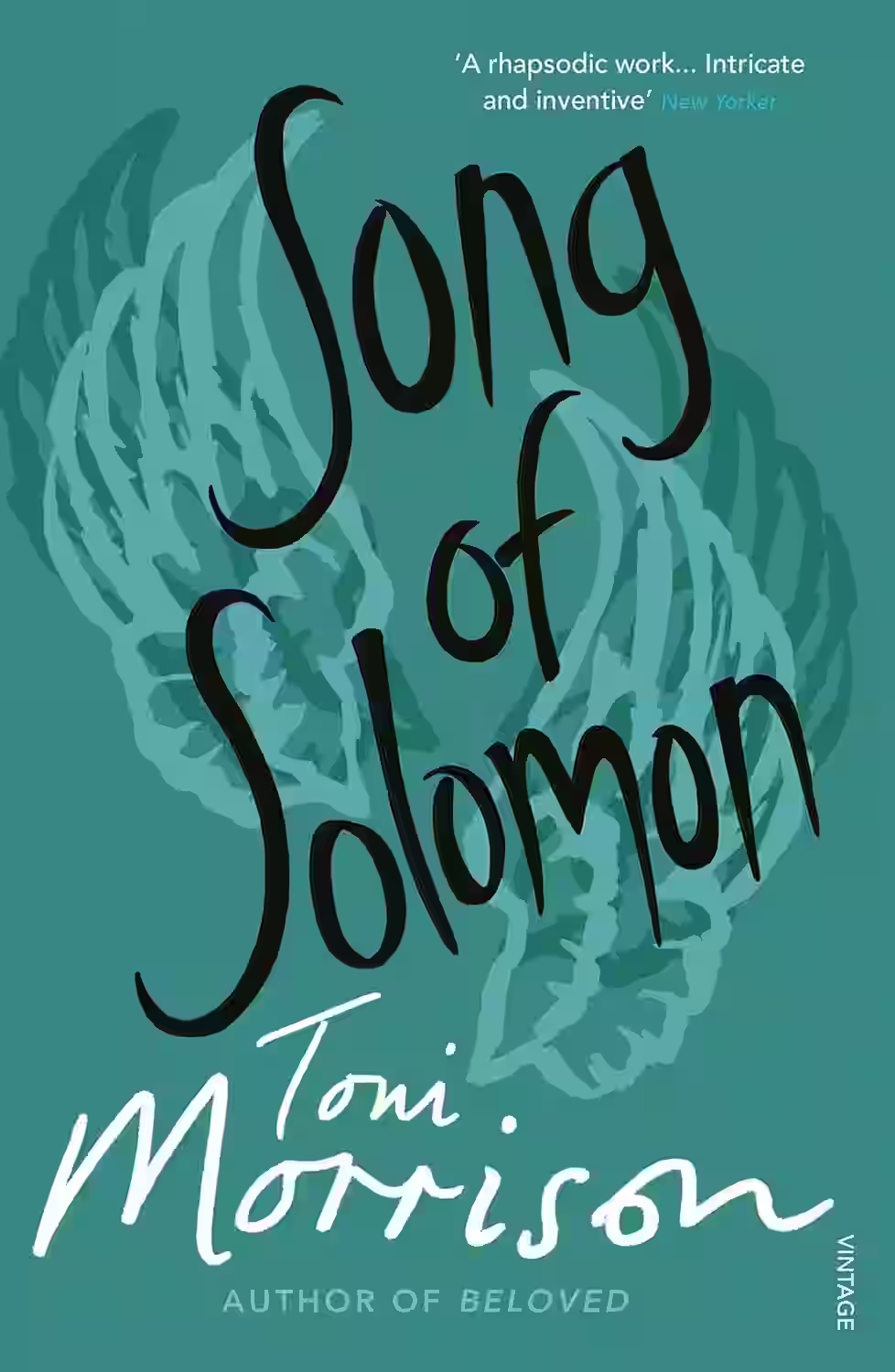
Song of Solomon
Following the life of Macon “Milkman” Dead III, Song of Solomon explores African American identity, family history, and the search for meaning. Blending magical realism with myth and history, Morrison crafts a richly layered narrative about liberation, heritage, and the power of storytelling. A profound, poetic novel that delves into the legacy of trauma and the flight toward freedom.
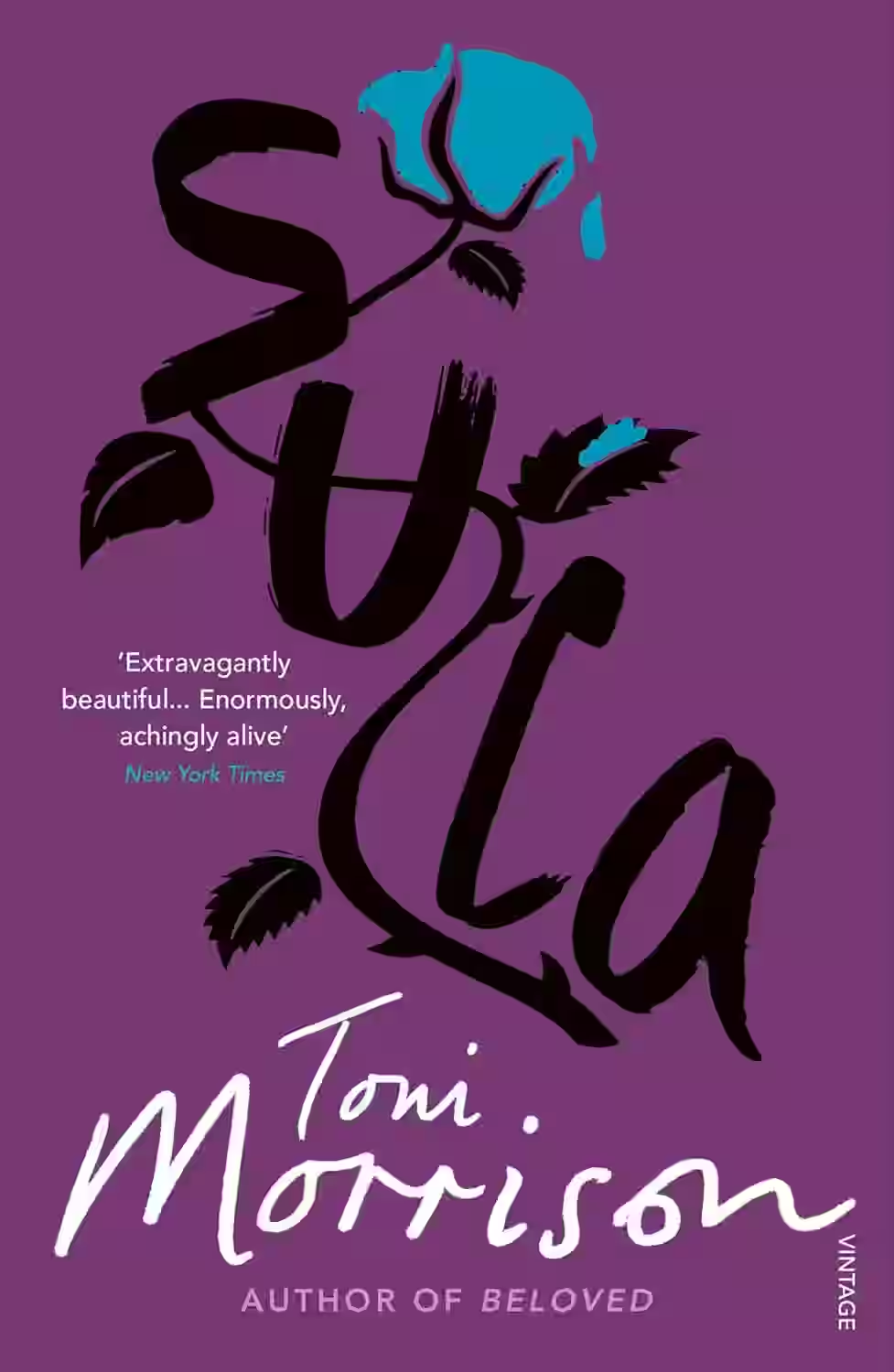
Sula
Toni Morrison's 'Sula' is a powerful exploration of friendship, womanhood, and the complexities of human relationships set in the close-knit community of the Bottom in Ohio. The novel follows the diverging paths of Nel Wright and Sula Peace, two young Black girls whose deep bond is tested by societal norms, personal choices, and the consequences of their actions. Through lyrical prose and vivid storytelling, Morrison delves into themes of betrayal, identity, and the search for autonomy, ultimately challenging traditional notions of good and evil. 'Sula' is a poignant and thought-provoking work that lingers in the reader's mind long after the final page.
Similar Books
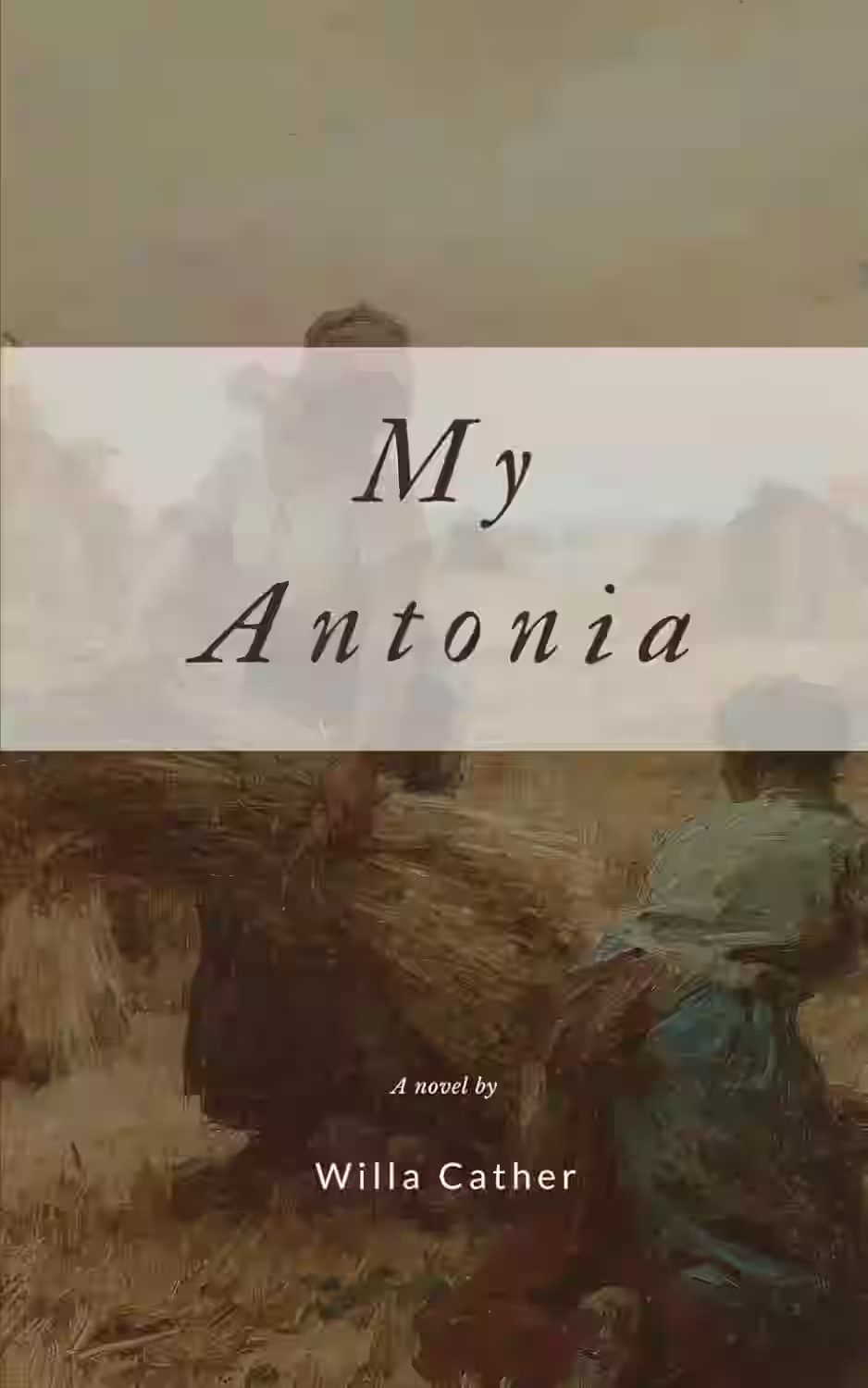
My Antonia
by Willa Cather
Told through the eyes of Jim Burden, My Ántonia recounts the life of Ántonia Shimerda, a spirited immigrant girl on the Nebraska frontier. Through vivid landscapes and deep characterizations, Cather celebrates pioneer life, hard work, and memory. The novel is a nostalgic tribute to the resilience of early settlers and the bond between people and place, filled with poetic prose and quiet power.
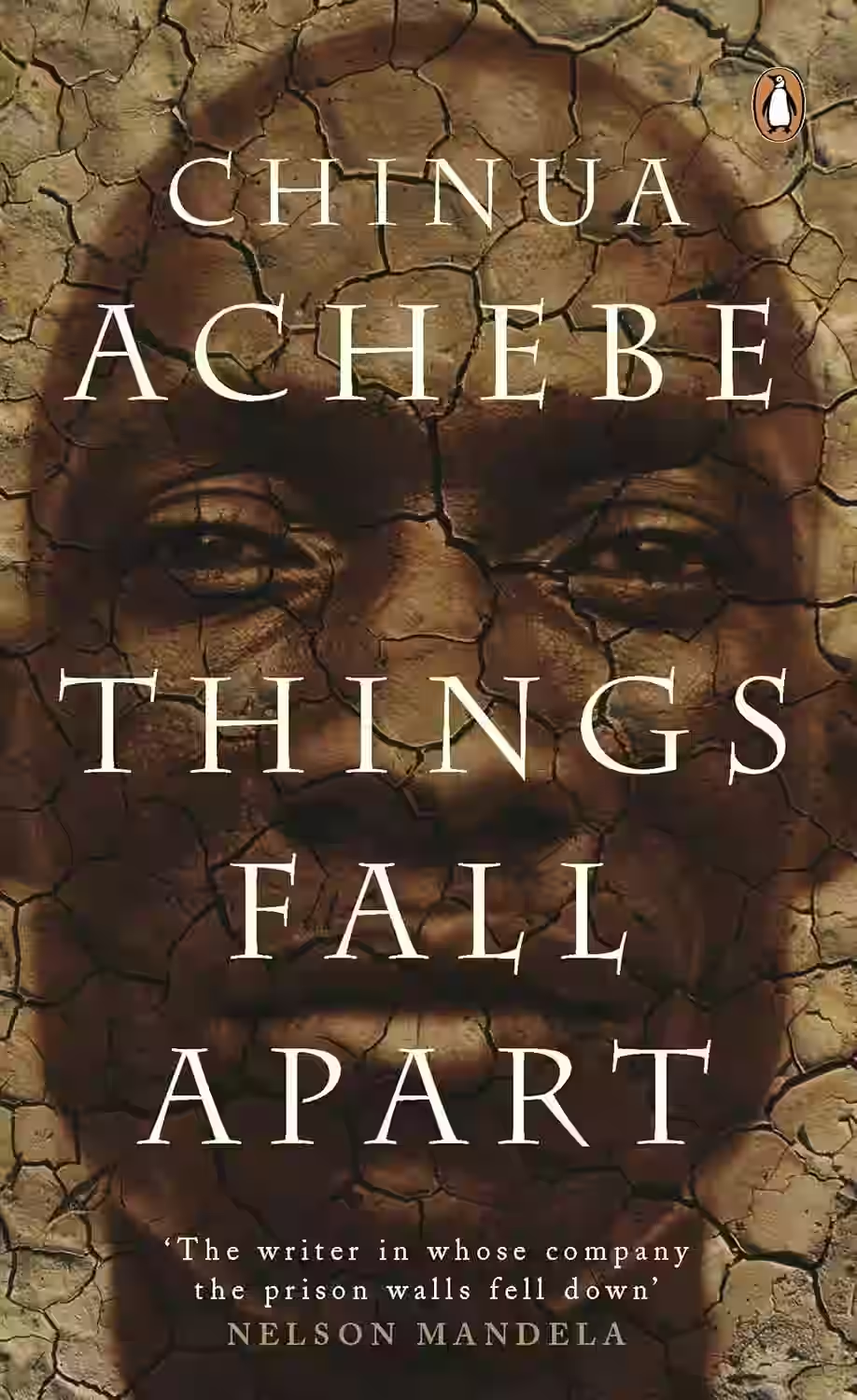
Things Fall Apart
Okonowo is the greatest warrior alive. His fame has spread like a bushfire in West Africa and he is one of the most powerful men of his clan. But he also has a fiery temper. Determined not to be like his father, he refuses to show weakness to anyone - even if the only way he can master his feelings is with his fists. When outsiders threaten the traditions of his clan, Okonowo takes violent action. Will the great man's dangerous pride eventually destroy him?
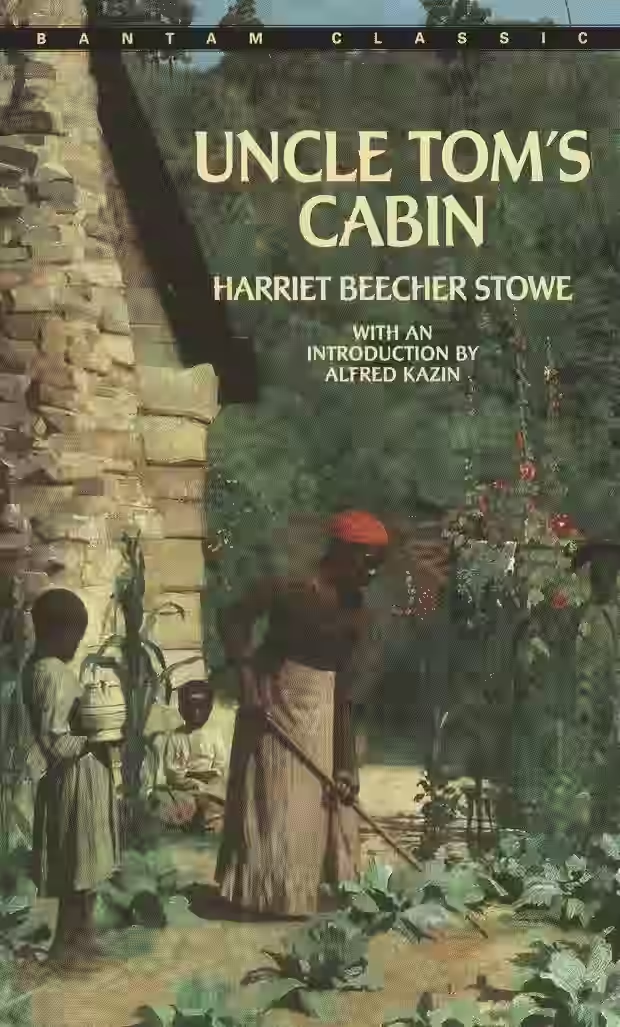
Uncle Tom’s Cabin
A landmark anti-slavery novel, Uncle Tom’s Cabin tells the story of enslaved man Tom and the brutal realities of slavery in 19th-century America. With vivid characters and emotional power, it galvanized abolitionist movements and shaped public opinion like no other book of its time. Though controversial for its portrayals today, it remains a pivotal work in American literature and history, sparking empathy and national debate.
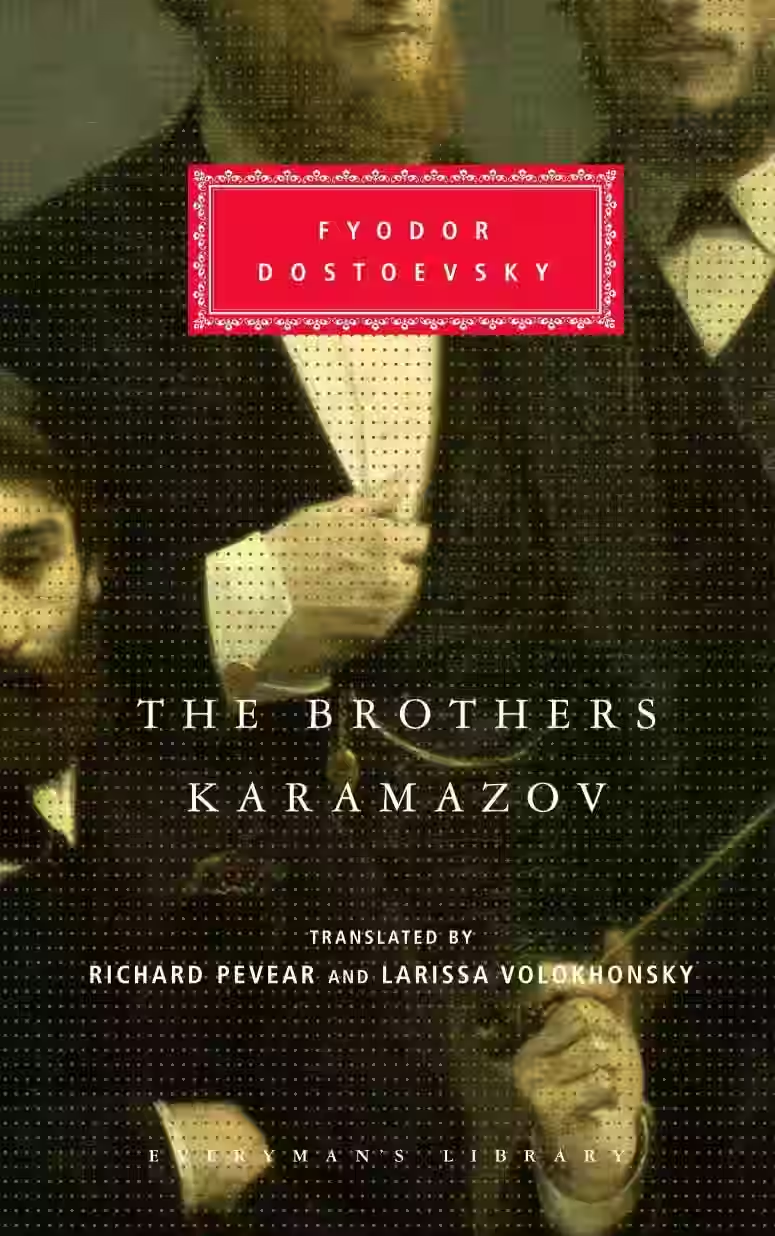
The Brothers Karamazov
The murder of brutal landowner Fyodor Karamazov changes the lives of his sons irrevocably: Mitya, the sensualist, whose bitter rivalry with his father immediately places him under suspicion for parricide; Ivan, the intellectual, driven to breakdown; the spiritual Alyosha, who tries to heal the family's rifts; and the shadowy figure of their bastard half-brother, Smerdyakov. Dostoyevsky's dark masterwork evokes a world where the lines between innocence and corruption, good and evil, blur and everyone's faith in humanity is tested.